Why Privacy Matters for Bitcoin Users
Bitcoin is often called private, but the reality is more complex. Every transaction is recorded on a public ledger. While addresses don’t show personal names, they can still be linked to identities through repeated use or poor security habits.
This means that if someone tracks your online activity, they might connect your wallet to your IP address. From there, they could match your transactions with your location or behavior. That creates risks—especially for people who value privacy, live in restricted regions, or simply don’t want their spending habits monitored. A helpful starting point for protection is understanding what is VPN and how it can hide your IP to preserve anonymity.
To add an extra layer of protection, many users turn to VPNs. A virtual private network helps mask your internet traffic, making it harder for outside parties to trace Bitcoin actions back to you. It’s not a magic shield, but it does help prevent your activity from being exposed unnecessarily.
What a VPN Does Behind the Scenes
When you use the internet normally, your service provider sees every site you visit. They also log your IP address—essentially your device’s address on the web. This makes it easy for websites or investigators to trace activity back to your location or identity.
A VPN changes that. It creates a secure tunnel between your device and the VPN server. From that point on, your internet traffic looks like it’s coming from the VPN server—not from your real IP address. This switch hides your origin and encrypts your data along the way.
For Bitcoin transactions, this means an added layer of privacy. While the blockchain still shows the transaction, outside observers won’t easily link it to your physical location or internet provider. The connection to your wallet becomes harder to pin down.
Masking Your IP Address During Bitcoin Transactions
Your IP address can be surprisingly revealing. Anyone watching network traffic—whether it’s an exchange, a hacker, or even a government—might collect your IP during a Bitcoin transaction. That information could be used to identify or monitor your activity.
Using a VPN scrambles that link. Instead of seeing your home IP address, others will see the IP of the VPN server. If you pick a server in a different country, you can even make it look like you’re operating from another part of the world.
This trick is especially useful for users who are concerned about regional surveillance. In some areas, Bitcoin activity is discouraged or banned. A VPN offers a simple tool to bypass unwanted attention and transact more freely, without revealing your location.
Avoiding Network Surveillance and Metadata Collection
Internet service providers (ISPs) often log activity. They may record which websites you visit, when you log in, and what services you use. Even if you’re not breaking laws, this data can be collected, sold, or handed over to third parties.
When making Bitcoin payments, this type of metadata can matter. If someone sees you visiting a Bitcoin wallet or node at a certain time, they could correlate it with a blockchain transaction. Over time, those patterns can reveal a lot.
A VPN helps disrupt that chain. Since all traffic is routed through an encrypted tunnel, your ISP can’t see what sites you access or what services you use. They know you’re connected to a VPN, but not what’s happening inside that connection. That cuts off a major source of tracking.
Strengthening Privacy on Public Wi-Fi Networks
Public Wi-Fi is convenient but often insecure. Anyone nearby with the right tools can monitor your traffic. If you’re sending Bitcoin or logging into your wallet from a café or airport, that exposure could leave you vulnerable.
Using a VPN locks down that traffic. Even on an open network, the encrypted connection prevents eavesdropping. No one around you will see which sites you access or whether you’re making a financial transaction.
This is especially important for mobile users. Many people now check their Bitcoin wallets through mobile apps or browser extensions. If you’re on the move and using public connections, a VPN gives you a safer way to protect your sensitive activity.
Combining VPNs With Privacy-Focused Wallets
Some Bitcoin wallets offer features that prioritize privacy. They might avoid reusing addresses, support Tor, or enable CoinJoin—tools that mix transactions to make them harder to trace. Adding a VPN strengthens those protections even more.
Think of it as layering your privacy. A wallet may hide your transaction history, but it might still leak your IP address if you’re not careful. That leak can undo other safeguards. A VPN keeps your IP hidden, helping preserve the anonymity the wallet aims to provide.
When both tools work together, they create a strong barrier. The blockchain sees a clean transaction, and your internet activity looks like it came from somewhere else entirely. This strategy gives privacy-minded users more control over how they interact with Bitcoin.
Choosing the Right VPN for Bitcoin Use
Not all VPNs are the same. Some keep logs, share data with partners, or offer limited security features. For Bitcoin users, a no-logs policy is critical. This means the provider doesn’t keep records of your IP address, browsing history, or usage times.
Speed also matters. Bitcoin transactions don’t require massive bandwidth, but a slow VPN can make simple tasks frustrating. Look for a provider with fast, stable servers in multiple locations. That way, you can switch regions as needed without delay.
Lastly, payment options count. Some VPNs accept Bitcoin, allowing you to subscribe anonymously. That makes your privacy complete—from how you browse to how you pay for protection. Look for providers who understand Bitcoin users and cater to their needs.
Avoiding Common Mistakes When Using VPNs for Bitcoin
Just turning on a VPN doesn’t make you invisible. If you use the same Bitcoin address repeatedly or reveal personal details on public platforms, your identity could still be linked to your activity. VPNs reduce exposure, but smart habits still matter.
One mistake is connecting to exchanges or wallets without logging out first. If you visit a service while connected through your regular IP, then switch to a VPN later, it may still hold records that connect both sessions. Always use private browsing and clear cookies if you switch setups.
Another error is trusting free VPNs. These often have weak encryption or hidden tracking. They may sell your data or inject ads into your browsing. For Bitcoin privacy, choose a reputable, paid VPN that respects your security and does not cut corners.
Understanding Limitations and When to Use Extra Tools
VPNs add strong protection, but they aren’t foolproof. If someone already has access to your device, they might monitor what you do, no matter how secure the connection is. Malware and phishing attacks can bypass even the best VPN.
For sensitive transactions, some users combine VPNs with Tor. This adds another layer by routing traffic through multiple anonymous nodes. It’s slower but more private. Others use hardware wallets to sign transactions offline, keeping their keys away from any connected device.
These tools don’t replace smart behavior. Don’t overshare on social media, don’t reuse wallet addresses, and keep backups in secure places. Privacy is about layers—each one helps, but they work best when used together with care.
VPNs Help Make Bitcoin More Private for Everyday Users
Bitcoin isn’t completely anonymous. But when used with smart tools like VPNs, it can offer a level of privacy that feels closer to cash. By hiding your IP address, masking your location, and encrypting your traffic, VPNs protect you from unnecessary exposure.
For everyday users, this means safer access to wallets, exchanges, and apps. For those living in restricted areas, it means freedom to use digital money without fear. And for privacy advocates, it’s one more step toward staying in control of their own data.
Privacy isn’t just a feature—it’s a mindset. When you combine a VPN with careful habits and thoughtful tools, you make Bitcoin work better for your own peace of mind.
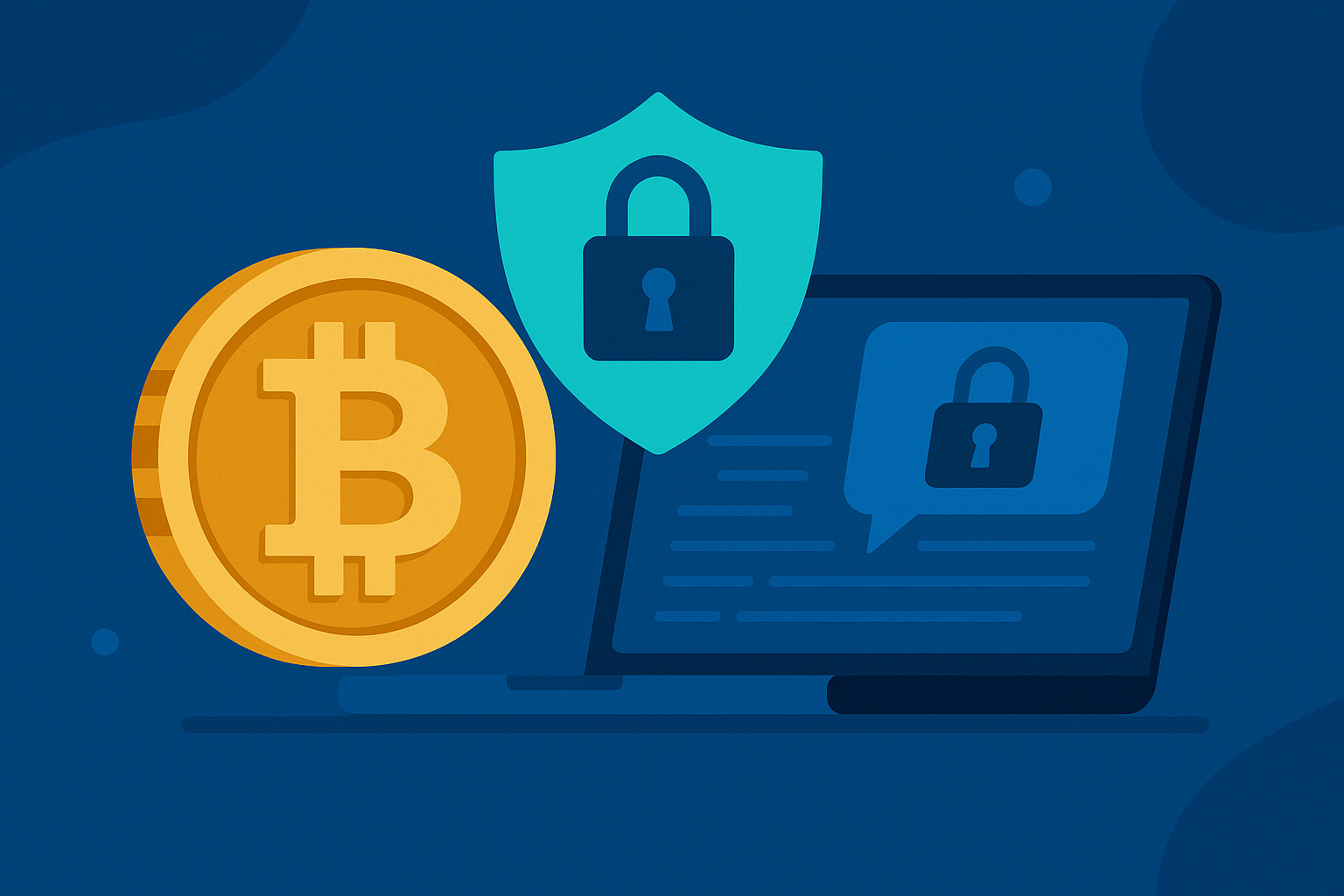
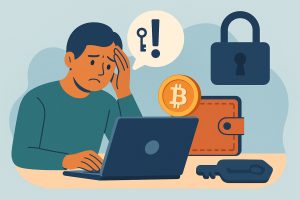
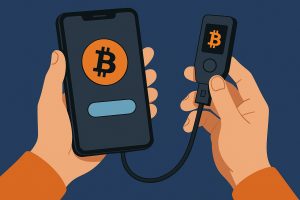
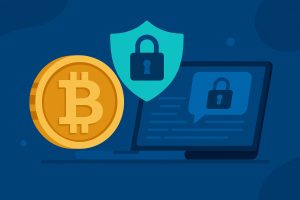
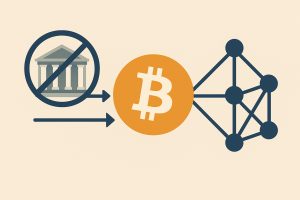
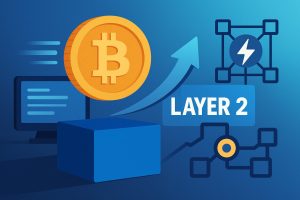
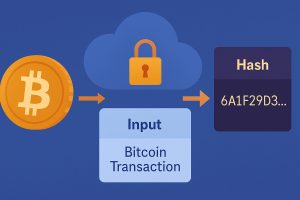
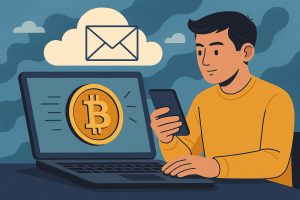


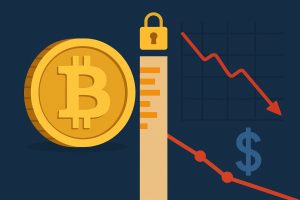
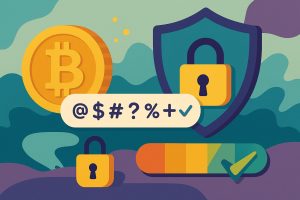

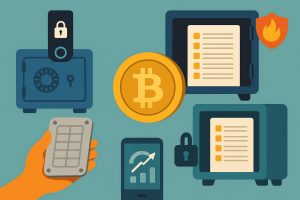


No Responses